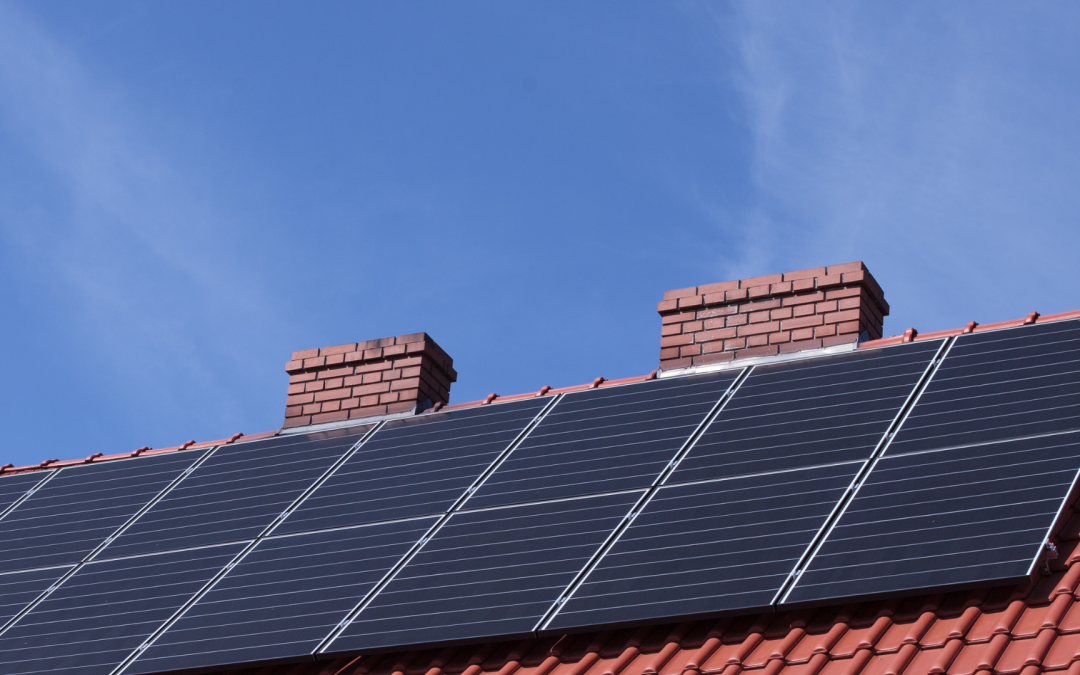Solar panels are built to last, with most having a lifespan of 25 to 30 years. But what happens when they reach the end of their life cycle? As the adoption of solar energy continues to grow, the question of solar panel recycling has become increasingly important. Proper disposal and recycling of solar panels not only prevent environmental harm but also recover valuable materials for reuse.
Why Recycle Solar Panels?
Solar panels contain materials like glass, aluminum, silicon, and sometimes small amounts of precious metals such as silver. Recycling these components helps conserve resources, reduce waste, and lower the environmental impact associated with mining and manufacturing new materials. Additionally, improper disposal of solar panels in landfills can lead to the release of hazardous substances like lead, making recycling an essential aspect of sustainable solar energy practices.
The Solar Panel Recycling Process
Recycling solar panels involves several key steps:
- Collection and Transportation: Panels are collected from homes, businesses, and solar farms, then transported to recycling facilities.
- Disassembly: Frames and junction boxes are removed manually. Aluminum frames are melted down and reused, while other components are sorted for further processing.
- Material Separation: Panels are shredded and separated into different materials. Glass, which makes up most of the panel, is recovered for use in new products.
- Silicon Recovery: Silicon cells are processed to remove impurities and can be reused in new panels or other electronics.
- Metal Extraction: Precious metals like silver and copper are extracted using chemical processes and reused in various industries.
Current Challenges in Solar Panel Recycling
Despite its importance, solar panel recycling is still a developing industry. Challenges include:
- High Costs: Recycling panels can be expensive due to labor-intensive processes and the cost of separating materials.
- Lack of Infrastructure: Many regions lack dedicated solar panel recycling facilities, leading to logistical challenges.
- Regulatory Gaps: Inconsistent regulations across different states and countries can hinder recycling efforts.
Future of Solar Panel Recycling
The future looks promising as technology advances and awareness grows. Innovations in recycling processes are making it more cost-effective and efficient. Governments are also stepping in with regulations and incentives to promote solar panel recycling. For instance, the European Union has established strict recycling mandates, while the United States is gradually introducing policies to support recycling initiatives.
How Homeowners Can Help
As a homeowner with solar panels, you can contribute to the recycling effort by:
- Choosing Reputable Installers: Work with companies that offer recycling services or partner with recycling facilities.
- Maintaining Your Panels: Proper maintenance extends the lifespan of your panels, delaying the need for disposal.
- Recycling Responsibly: When it’s time to replace your panels, ensure they are sent to a certified recycling facility.
Solar panel recycling is an essential part of the renewable energy journey. As solar adoption grows, so does the need for sustainable end-of-life solutions. By recycling solar panels, we can minimize environmental impact, conserve resources, and pave the way for a more sustainable future. At [Your Company Name], we are committed to promoting sustainable solar solutions. Contact us to learn more about our services and how we support solar panel recycling efforts.


Recent Comments